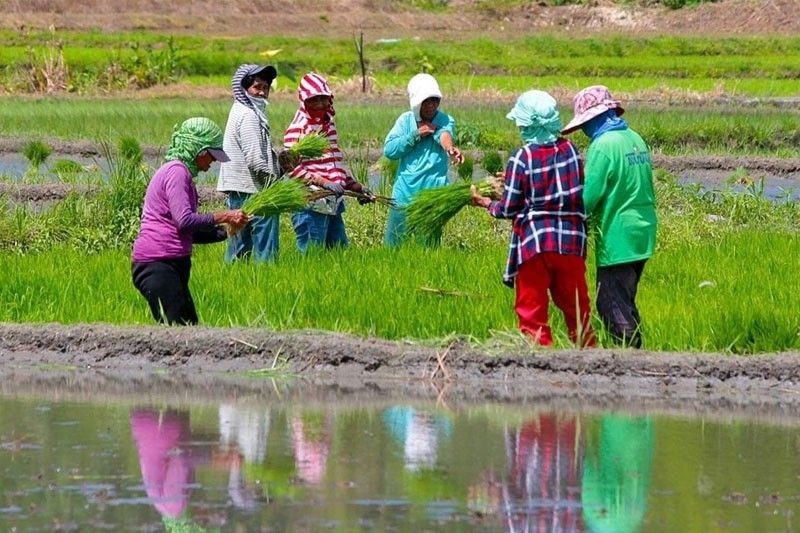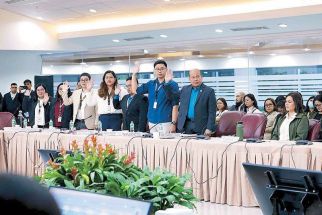Big agricultural firms to help small farmers

MANILA, Philippines — As the country’s participation in the Regional Comprehensive Economic Partnership (RCEP) may result in more competition, Go Negosyo founder Joey Concepcion has stressed the urgency for big agricultural companies to integrate into their value chain the micro, small and medium enterprises.
“This is what we are trying to push with Kapatid Angat Lahat sa Agri Program (KALAP),” Concepcion said. “KALAP aims to integrate small agripreneurs into the value chain of big companies for them to benefit from shared technologies and access to markets and mentoring.”
He said that in a recently concluded meeting with some of the country’s biggest agricultural companies, it became clear that MSMEs will need the assistance of “big brother” companies to raise productivity and become competitive.
In contrast, he said the RCEP can be a good thing as it might spur meaningful changes in the country’s agriculture industry.
“I have always adhered to competitiveness in price and quality in how I run RFM. When we compete in the marketplace in price branding and innovation, this benefits the consumers and this is what marketplaces are supposed to be,” Concepcion, president and CEO of RFM Corp., one of the country’s largest food manufacturers, said.
“With RCEP, what we want to see is that, hopefully, consumers can buy food at the lowest possible prices, but at the same time we have to protect micro farmers. We support RCEP, but the overall objective is for Philippine products to become competitive in price and quality,” he added.
The RCEP is a deal among Association of Southeast Asian Nations (ASEAN) member states together with Japan, South Korea, China, New Zealand and Australia.
It authorizes the loosening of trade restrictions and mandates the signatory countries to lower or remove their taxes on traded goods, services, investments and e-commerce.
Filipino agriculture groups have expressed fears that they may not be able to compete with their peers in the RCEP.
“In my past meetings with the big-brother companies in agriculture, it was revealed that much needs to be done to raise the productivity and quality of our agricultural products,” Concepcion said, adding that some of the areas that need improvement in productivity cover key agricultural crops like rice, corn and sugar.
Concepcion added, however, that it has also been shown, especially in the experience of Lionheart Farms in Palawan and Universal Leaf in Ilocos, that small farmers can be successfully integrated into the value chain of big corporations and benefit from their technology and their processes to help make them more productive.
Trade Secretary Alfredo Pascual stressed that with or without the country’s participation in the RCEP, the Philippines still needs to improve its farm productivity.
In an earlier interview with “The Chiefs” on Cignal TV’s One News, Pascual emphasized that the RCEP is not a magic remedy that will solve the country’s farm productivity problem.
- Latest
- Trending
































